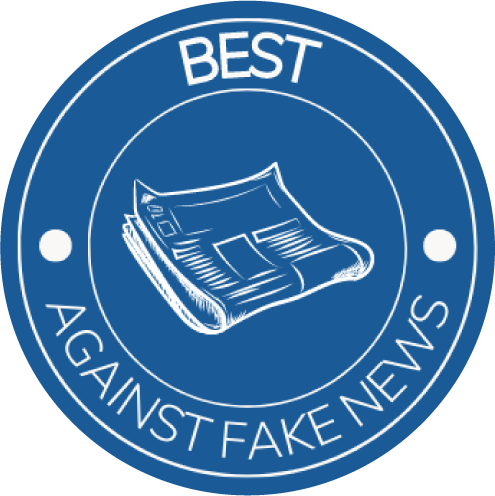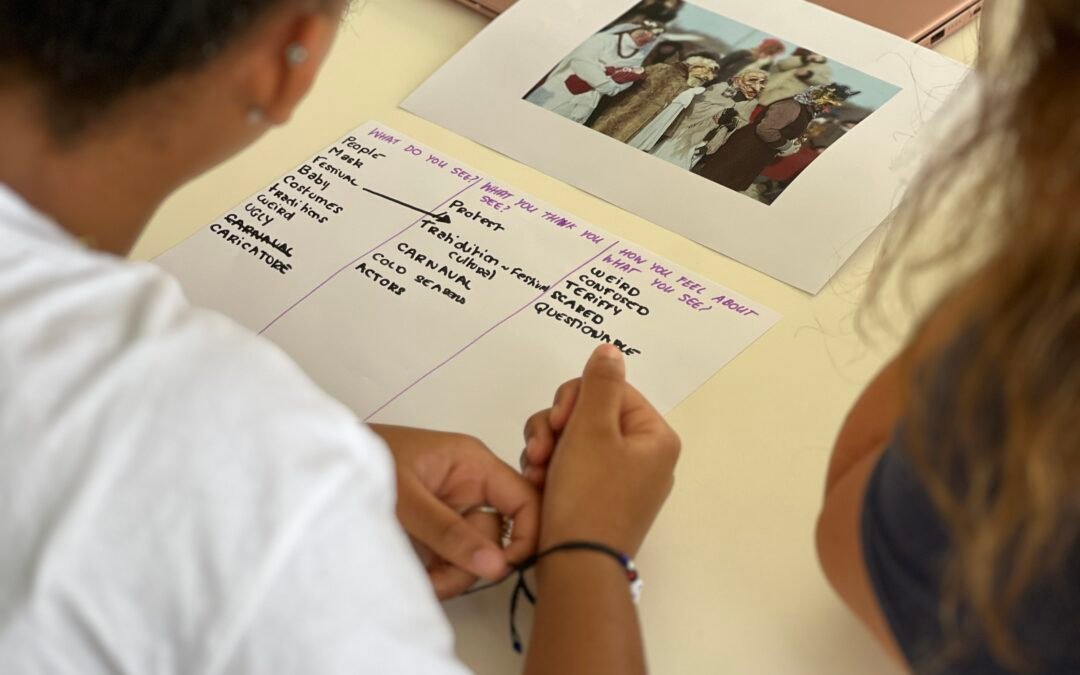Be Smart, Be Tolerant: empowering youth & youth workers against disinformation in Cyprus
During the first half of the year, series of national workshops took place as a part of the project aiming to equip youth workers and youth with the tools to combat misinformation and propaganda.
Equipping Youth Workers: Online Workshops
The national testing phase kicked off with a series of online workshops for youth workers. These workshops introduced participants to the project itself and delved into each chapter of the project’s “BERST toolkit”. This toolkit tackles key concepts like:
- Fake News: Differentiating misinformation, disinformation, and malinformation, including the emerging threat of deep fakes.
- Propaganda: Exploring its history, various techniques, and why it’s used.
- Media Bias: Understanding personal (implicit, explicit, and cognitive) and media biases, and their impact on information consumption.
- Role of Big Data: exploring the use of mathematical weapons in disinformation and the manipulation of statistics.
- Gamified Learning: Demonstrating the power of gamified non-formal activities in boosting youth motivation and critical thinking skills.
Engaging Youth: Face-to-Face Workshops
Building on the foundation laid by the online workshops, the project then hosted in-person workshops for youth. These workshops provided participants with a deeper understanding of:

Building on the foundation laid by the online workshops, the project then hosted in-person workshops for youth. These workshops provided participants with a deeper understanding of:
- Fake News: Recognizing and identifying different forms of misinformation.
- Propaganda Techniques: Analyzing how propaganda is created and utilized throughout history
- Media Literacy: Developing critical thinking skills to effectively evaluate information sources.
The interactive format of the workshops, with hands-on activities like online quizzes, creating propaganda posters and others, was highly appreciated by the participants. These activities proved to be an effective way to solidify newly acquired knowledge and apply it in a practical setting.
Impact and takeaway
The workshops revealed an important aspect: while some participants were familiar with the discussed terms and manipulation strategies, many hadn’t considered them in the context of media literacy. This highlights the project’s significance in empowering Gen Z to become more critical consumers of information.
Furthermore, sessions on propaganda and personal bias resonated particularly well with the participants. The opportunity to analyze their own biases and explore how bias influences media portrayal was an eye-opening experience for many.

